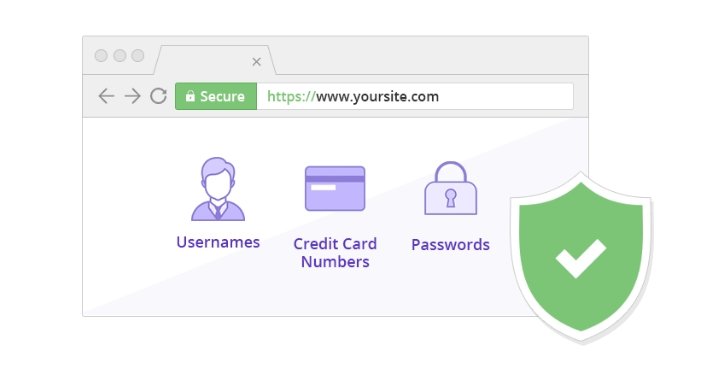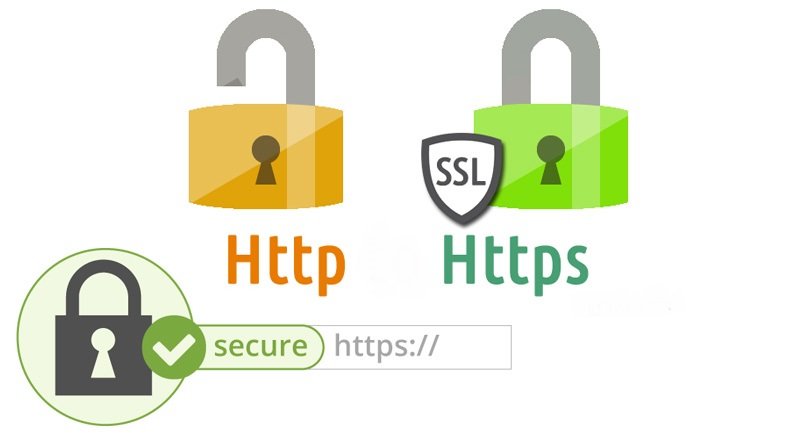The Impact of SSL/TLS on HTTPS
When and why is SSL/TLS a Must?
SSL/TLS is a must when you need to handle sensitive information such as login and password, or when processing payment information.
The goal of SSL/TLS is to ensure that only one recipient specified by the sender can access the transmitted data information. This is especially important when there are so many devices and servers that information must go through from the moment it arrives in the right place.
There are three main reasons a modern website must have SSL/TLS:
When Authentication is Needed
Any server can pretend to be your server, stealing transmitted information. SSL / TLS allows you to authenticate the identity of the server so that users can rest assured that they are communicating with exactly who they want to communicate with.
To Increase Reliability
If you are running an e-commerce site where you need users to provide information that is important to them, at least they need to know that the information they submit must be secured in advance then they can trust you. Using SSL / TLS is the easiest way to gain trust from visitors, better than any commitment made by you.

When You Need to Comply with Industry Standards
In certain industries, such as the financial industry, it is obligatory for you to apply certain security standards. You can also refer to the Payment Card Industry (PCI) instructions that you need to follow if you want to receive credit card payments on your website. One of the essential requirements is the use of SSL / TLS certificates.
Remember that SSL can be used on almost any device, making it the most flexible security standard in today’s multi-device technology era. The advantage of SSL increases over time, and the cost is greatly reduced to the current lowest level. So you have nothing to lose, right? So why not set up SSL for your website right away?
How is SSL/TLS Related to HTTPS?
When you set up an SSL certificate, you will need to configure it to transfer data over HTTPS. These two technologies go hand in hand that you can’t use only 1 of 2.
URLs use one of two protocols, HTTP (Hypertext Transfer Protocol) or HTTPS (Hypertext Transfer Protocol Secure). This protocol will determine how much data is transmitted and recorded.
This means that whenever you access the URL, if you access it from HTTPS, it means that the HTTP connection is protected by an SSL certificate.
Does SSL / TLS affect SEO?
The short answer is: Yes
Google changed the ranking algorithm since 2014 to prioritize websites that use SSL certificates first, and then Google repeatedly emphasized the importance of SSL certificates. Officially confirm that sites with SSL rank higher than those without similar security standards, even though secure sites only account for 1% of search results, but 40% of sites have SSL certificates located on the first page.
In most practical cases, SSL makes a small difference on search optimization (SEO). Installing an SSL certificate on a website that doesn’t have a certificate is less effective than creating a strong content article that attracts a large number of links. But that doesn’t mean you should underrate this factor.
Remember the important factor that the searcher determines which website ranks high. One of them is the way people are brought back to your site. Having an SSL certificate will determine if that person will click on your link when seeing you on search, or ignore the results featuring you. Many ranking factors will be affected by whether or not you use SSL certificates.
Setting up an SSL certificate is one of the ways to increase SEO effectiveness. But not only that, visitors will feel more secure, onsite time will be longer. All security-related factors are improved, so that’s the reason for your website’s real ranking.




